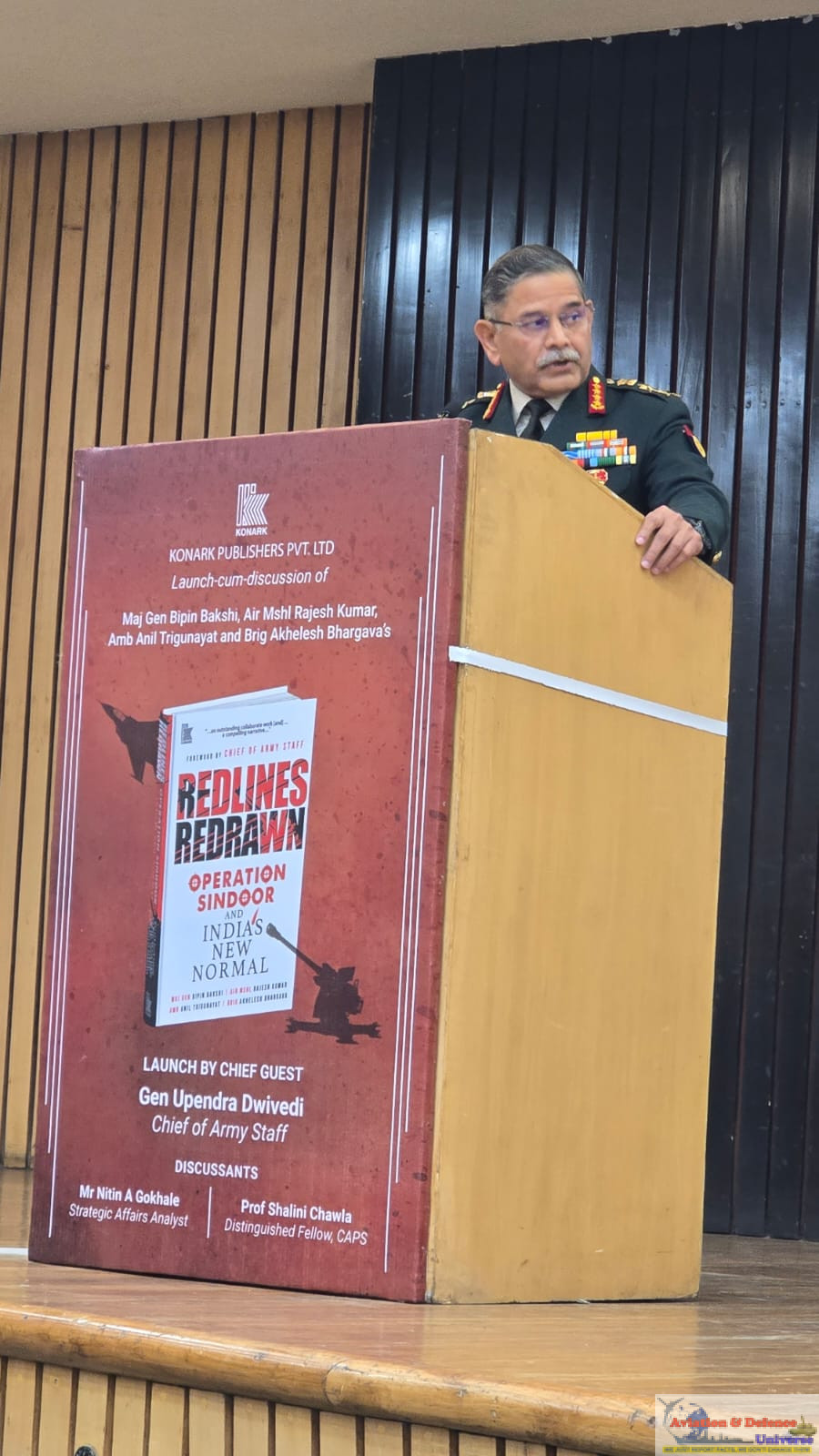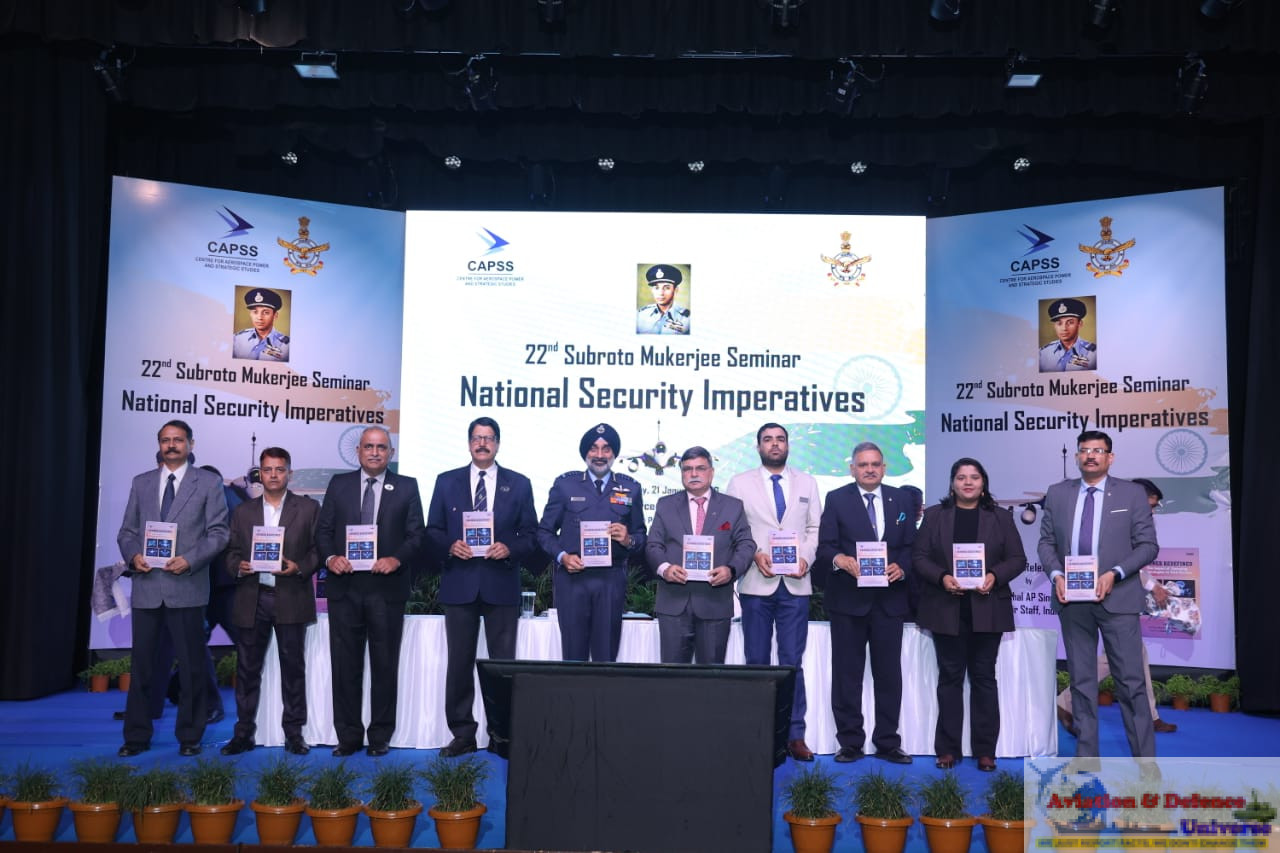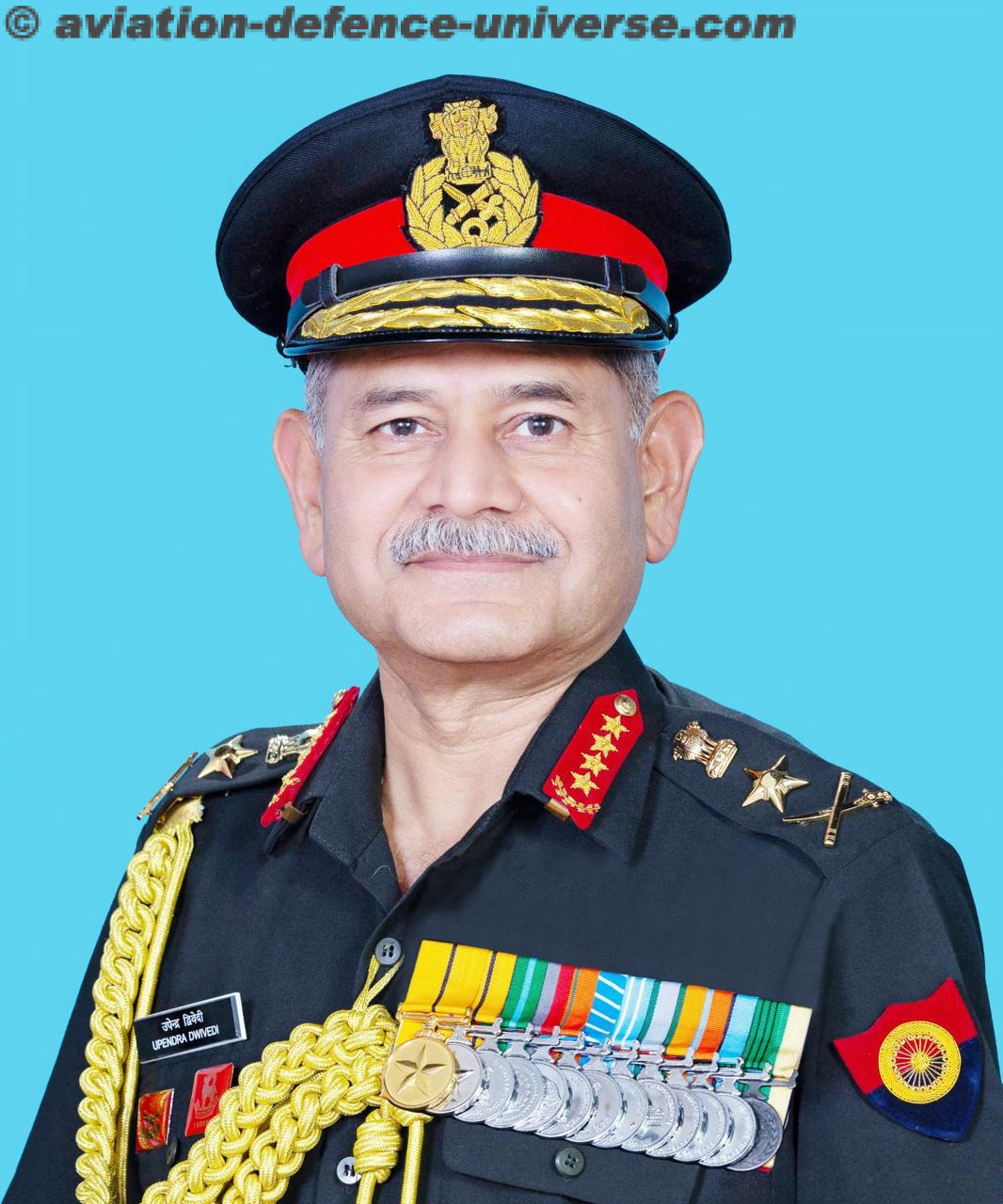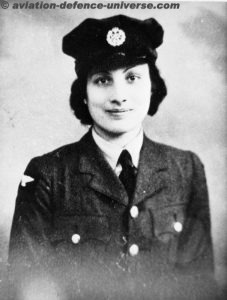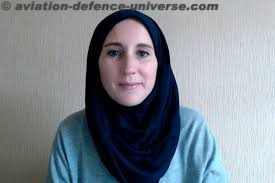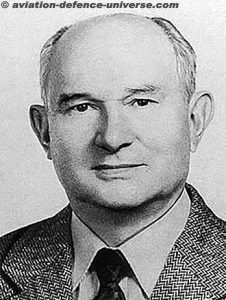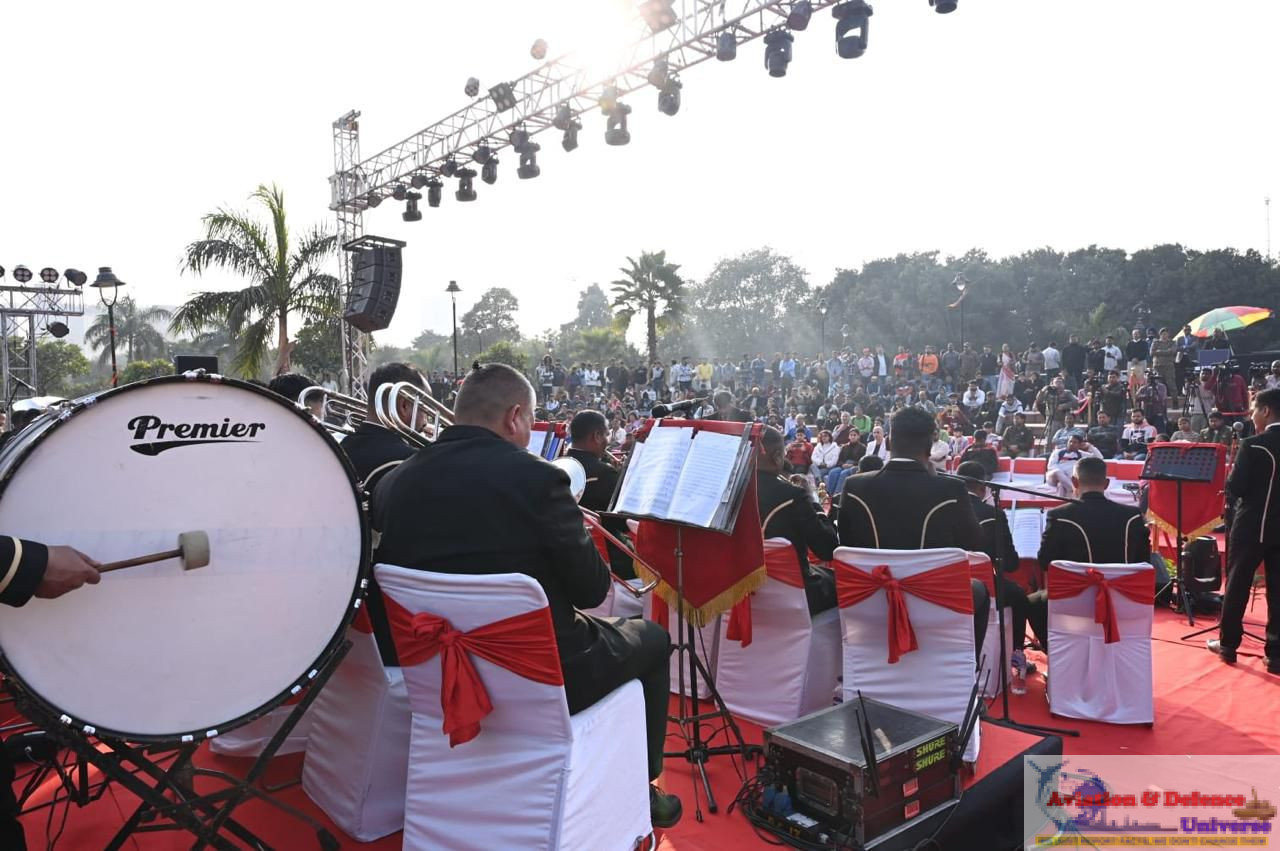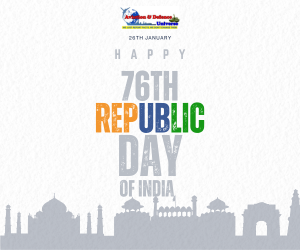By Jai Kumar Verma
New Delhi. 06 September 2024. In the annals of history, certain heroes stand out not just for their courage, but for their quiet dedication to a cause larger than themselves. Among these is Noor-un-Nisa Inayat Khan, an Indian-origin British spy whose extraordinary bravery during World War II has often gone unnoticed. Born into a royal lineage and raised in a family of musicians and mystics, Noor seemed an unlikely candidate for the perilous life of a secret agent. Yet, she became one of the most daring and resilient operatives for the Special Operations Executive (SOE), risking everything to aid the Resistance in Nazi-occupied France. This is the story of Princess Noor, the unsung heroine who defied the odds to become a symbol of courage and sacrifice.
Noor was an incredible choice to operate as a spy in a hostile area because she was a princess, the daughter of a Sufi preacher, a writer, and a musician. Noor was the first female radio operator to penetrate into Germany-occupied France, a country that was terrified of the Gestapo, the Nazi Germany secret police that operated throughout German-occupied Europe.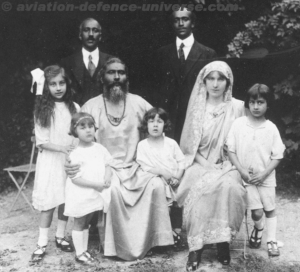
Noor was born in January 1914 in a monastery in Moscow. Her father was a Sufi preacher and direct descendant of Tipu Sultan while her mother Ora Ray Baker was an American. The family of Noor had to leave Moscow because of political discontent and from there they moved to London and from there to France. Her father expired when she was only 13 years old, and her mother went in depression after the death of her husband. Noor as an eldest sibling, not only took care of her younger brothers and sisters but also took out her mother from depression through sustained efforts. Here she fell in love with a Jewish musician, but her family opposed, and she felt divided between her fiancé and family. Meanwhile England and France declared war against Nazi Germany and Noor and her brother Vilayat decided to go to England and fight against Nazis. Vilayat decided to join RAF while Noor volunteered for the Women’s Auxiliary Air Force (WAAF).
In WAAF she was trained as a radio operator although it was the first batch of women who were trained as radio operator. When Noor was undergoing the training, she was noticed by a Special Operation Executive (SOE) officer. The SOE was constituted by Winston Churchill to assist the Resistance. The Resistance was the name for secret, anti-Nazi groups constituted during World War II. These groups were working against Germans in the areas occupied by them. The Resistance groups were involved in sabotage and disruption of the government institutions. The SOE was providing arms, ammunition, financial assistance and intelligence to the Resistance. Noor was fluent in French and had stayed in France hence she had knowledge of the topography of the area as well as she had old contacts which she revived. She was also a trained wireless operator which was an added qualification for her.
Noor was interviewed by SOE officers, and they told her that she would be sent to occupied France, and it would be a dangerous mission and as there would have no protection, no uniform and if caught she would be tortured and killed. Nonetheless Noor was a courageous lady and had confidence in herself hence without hesitation she told that she was ready to take this dangerous assignment. Once she gave consent she was trained and was sent to France. As the rule in intelligence, she had not informed her colleagues about the mission and left the place in the night silently for training.
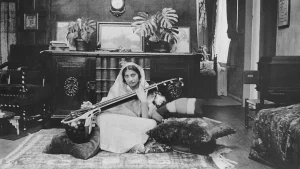 As Noor had to work in hostile area as a secret agent, she was given training in the tradecraft. She was taken to the safe house of British intelligence for trade craft training where agents for black operations were trained. The safe house was located in countryside at an isolated place. The agents selected for black operations are trained separately so that they do not recognise each other and if caught they cannot disclose details of other agents. The intelligence agencies frequently change the safe houses and trainee agents are kept inside the safe house for most of the time so that they are not recognised by others and the agents also do not know much about the location, surroundings and the facilities available in the safe house and nearby areas. The principle of restricted security is strictly followed in the black operations.
As Noor had to work in hostile area as a secret agent, she was given training in the tradecraft. She was taken to the safe house of British intelligence for trade craft training where agents for black operations were trained. The safe house was located in countryside at an isolated place. The agents selected for black operations are trained separately so that they do not recognise each other and if caught they cannot disclose details of other agents. The intelligence agencies frequently change the safe houses and trainee agents are kept inside the safe house for most of the time so that they are not recognised by others and the agents also do not know much about the location, surroundings and the facilities available in the safe house and nearby areas. The principle of restricted security is strictly followed in the black operations.
In the training, Noor was trained to handle small arms especially personal defence weapons including guns, use of explosives, opening of locks without original keys, to kill enemies silently in darkness, use of Dead Letter Box (DLB) and Live Letter Box (LLB), to identify and shake off surveillance, to handover documents through brush contacts and meeting on move etc. She was trained on personal security as well as security of documents. She was also taught how to break ice with the strangers and how to raise them as agents, sending letters in code, incessant practice of morse code etc. She was also shown pictures of enemies, their uniforms, she was told in detail about the life in occupied France and about German intelligence agencies. The training was vigorous and hard. Her code name was Madeleine, and she was given brisk training about her name and signatures. However, in the last she was given mock training of interrogation and counter interrogation as conducted by Gestapo. In the training of counter interrogation, she had to keep her cover story intact. Nevertheless, the trainer commented that she is unstable, and it is doubtful whether she is really fit for the field job. Other instructors also doubted her ability and mentioned that she was physically unsuited for the job. As her trainers felt that she was not fit for the job her boss met her and asked that if she did not want to go on this dangerous mission she can say no and it would not harm her career. But she was determined and emphatically told that she was ready for the mission.
 After the vigorous training she was sent out on the mission after the last-minute checking so that she does not carry English objects like English cigarettes, train tickets etc. She was armed with a pistol, forged passport, four pills including one deadly cyanide pill. Agents are flown on full moon lights so that they can see the landing spot clearly while infiltrators cross land borders in dark nights.
After the vigorous training she was sent out on the mission after the last-minute checking so that she does not carry English objects like English cigarettes, train tickets etc. She was armed with a pistol, forged passport, four pills including one deadly cyanide pill. Agents are flown on full moon lights so that they can see the landing spot clearly while infiltrators cross land borders in dark nights.
Noor was sent alone to Paris and there she joined the biggest SOE circuit in Europe namely Prosper which was headed by barrister Francis Suttill. Her boss was Henri Garry a French man. As agents do not get much time to settle Noor started sending messages within 72 hours. The Prosper circuit was exposed within a week of her reaching to Paris, all members were arrested and Noor and her another colleague France Antelme were told to go into hiding urgently. She continued collecting and sending information about the arrest, betrayals etc. It was difficult to use radio sets in changed circumstances hence she was told from England to come back but as a daring lady she refused to come back and continued sending messages as she was the last radio link between Paris and London. For the next three months she was the lone British agent in Paris and dreaded Gestapo was behind her.
In compliance of her training, she continued changing the transmission sites and kept the transmission short, but brevity was not at the cost of clarity. She kept changing her appearance by dyeing her hair. She used her old contacts including her school friends, neighbours and other acquaintances for transmitting as well as collecting information. She gave pinpointed information to London about arms drops, supply of money and arms to French Resistance. She also gave information about Germans presence and how to organise safe passages to injured airmen.
German intelligence was aware of her and knew that she was transmitting in the summer of 1943, but they were unable to apprehend her since she was moving around so much. She was questioned in Metro by two security officers, but Noor kept her composure and answered their questions confidently. Once she was questioned by her neighbour too, but she replied to the questions confidently and kept her cover story intact. She even managed to get out of awkward circumstances. Although most cellular operators could not stay longer than three weeks, she was transmitting messages from the previous three months, and her superiors were appreciative for her efficiency. From 16 June 1943 to September, Noor relayed vital signals.
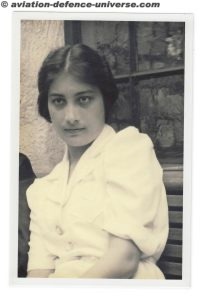 In middle of October, she was about to catch a flight to France, but she was betrayed by Renee Garry sister of Henry Garry, Noor’s circuit leader. Renee sold Noor’s address to Nazis for 100,000 francs. Once Nazis knew Noor’s address she was arrested and sent to Gestapo Headquarters in Paris where she tried to escape but arrested again. After few weeks she made another daring bid to escape but at the same time RAF started bombing and Germans searched rooms and she along with three other prisoners were caught on the roof. She was declared a “highly dangerous” prisoner and was kept in isolation and chained. She was regularly beaten, persecuted and interrogated nevertheless she had not disclosed anything, not given the names of other members of the circuit. Though she had not revealed anything during torturous interrogation but contrary to security instructions, she copied out all the messages she sent, and Gestapo got the file.
In middle of October, she was about to catch a flight to France, but she was betrayed by Renee Garry sister of Henry Garry, Noor’s circuit leader. Renee sold Noor’s address to Nazis for 100,000 francs. Once Nazis knew Noor’s address she was arrested and sent to Gestapo Headquarters in Paris where she tried to escape but arrested again. After few weeks she made another daring bid to escape but at the same time RAF started bombing and Germans searched rooms and she along with three other prisoners were caught on the roof. She was declared a “highly dangerous” prisoner and was kept in isolation and chained. She was regularly beaten, persecuted and interrogated nevertheless she had not disclosed anything, not given the names of other members of the circuit. Though she had not revealed anything during torturous interrogation but contrary to security instructions, she copied out all the messages she sent, and Gestapo got the file.
There is also a report that Noor had a weakness for blue colour and very often she was wearing blue colour clothes and this weakness helped Gestapo in locating and arresting her.
Although she was kept in isolation but kept her spirit high about thinking of her father and how he would have consoled her in such a difficult situation. She also established contact from other women prisoners through scratching messages on food bowl. The fellow prisoners listened to her crying as she was tortured regularly. In September she was taken to Munich where she was badly tortured whole night and later, she was shot dead on 13 September 1944 at Dachau concentration camp along with three other female SOE spies. It is the unfortunate fate of most of the spies.
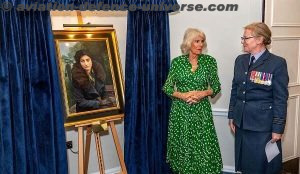 In January 1946 she was awarded the Croix de Guerre the highest civilian honour by France and in 1949 British gave her George Cross. There is a plaque outside her family home in Suresnes and a band plays outside her house every year on Bastille Day. Britain also issued a postage stamp on Noor Inayat Khan.
In January 1946 she was awarded the Croix de Guerre the highest civilian honour by France and in 1949 British gave her George Cross. There is a plaque outside her family home in Suresnes and a band plays outside her house every year on Bastille Day. Britain also issued a postage stamp on Noor Inayat Khan.
Noor Inayat Khan’s life and sacrifice remain a poignant reminder of the countless unsung heroes who shaped the course of history. Her story of bravery, resilience, and unwavering commitment to the fight against tyranny continues to inspire generations. Despite facing unimaginable hardships, Noor maintained her dignity and strength, ultimately paying the highest price for her adopted country. Today, her legacy is celebrated through awards and memorials, yet it is her spirit of courage and compassion that truly endures. Princess Noor’s journey serves as a beacon of inspiration, reminding us of all the power of conviction and the enduring impact of those who fight for freedom and justice.
(Jai Kumar Verma is a Delhi-based strategic analyst and member of United Services Institute of India and The Manohar Parrikar Institute for Defence Studies and Analyses. The views in the article are solely the author’s. He can be contacted at editor.adu@gmail.com)
All pictures courtesy : Noor Inayat Khan Trust












